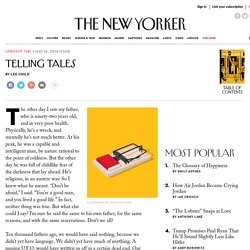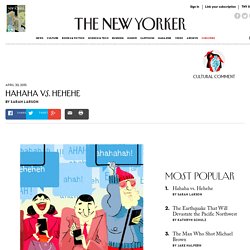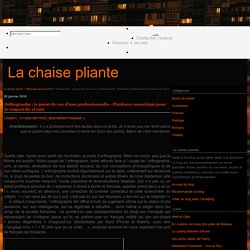

The iconography of American Sign Language - UX Collective. This year, I was fortunate enough to enroll in San Francisco’s recently-implemented Free City program and spend a semester learning a language I’ve always wanted.
American Sign Language (ASL) is a complex, naturally-evolving language that uses signs made by moving the hands combined with facial expressions and postures of the body. As a designer, I was constantly impressed and surprised by the many parallels to visual iconography. ASL is a form of visual communication where variations in hand shape, location, and non-manual markers can change the meaning of a sign. Similarly, visual iconography uses shape, layout, and indicators to define an icon’s meaning. For this exploration, I wanted to show examples of how American Sign Language is so surprisingly similar to visual iconography.
In linguistics, iconicity represents the conceived similarity between the form of a sign and its meaning. In ASL, not all signs reflect real life. Get your English text checked instantly by a real person. Letemps. Le Temps: Dans votre livre* «Penser entre les langues», vous écrivez, à propos du «Hochdeutsch»: «Cette langue qui, pour être parlée, suppose que les locuteurs soient libérés de la contingence des affects.» C’est exactement l’argument avancé par les Alémaniques pour défendre leur emploi du dialecte. Les Allemands parlent-ils donc aussi le dialecte en famille? Heinz Wismann: Par Hochdeutsch, on désigne la langue allemande codifiée, imposant le respect strict de ses règles syntaxiques. Et j’observe qu’à partir du moment où, entre deux locuteurs, l’affect s’en mêle, où la tonalité de l’échange devient plus familière, la syntaxe est malmenée.
Mais cela ne veut pas dire que tous les Allemands parlent en famille un dialecte comme en Suisse. . – Pourquoi l’est-il? – Le français place le déterminant après le déterminé: «Une tasse à café» . – … parce qu’on ne peut pas interrompre un Allemand qui parle. . – Aux oreilles d’un Allemand, les Français sont des gens qui parlent tous en même temps.
. – Oui. Telling Tales. The other day I saw my father, who is ninety-two years old, and in very poor health.

Physically, he’s a wreck, and mentally he’s not much better. At his peak, he was a capable and intelligent man, by nature rational to the point of coldness. But the other day he was full of childlike fear of the darkness that lay ahead. He’s religious, in an austere way. So I knew what he meant. Hahaha vs. Hehehe. I’m a big real-life laugher, and in recent years, in e-mails, chats, and texts, I’ve become a big “haha”-er.

You say something hilarious, I’ll write a few “ha”s. That’s how I e-laugh. I realize that this isn’t especially dignified. My “haha”s make me look the way I do in party photos: open-mouthed, loud, a little vulgar. Writing “hahaha” makes you look deranged, but, then again, so does laughing. The terms of e-laughter—“ha ha,” “ho ho,” “hee hee,” “heh”—are implicitly understood by just about everybody. Let’s start with the fundamentals. The feel-good standard in chat laughter is the simple, classic “haha”: a respectful laugh.
The long adieu: how Britain gave up learning French. Is it important that more people speak English?

Only this week, David Cameron launched a new scheme encouraging more Muslim women to learn the language, one argument being that the inability of many to do so weakens their voice , and in doing so strengthens radicalisation. It’s true that ignorance of English is a personal cost for anyone living here, perhaps a personal tragedy, but I doubt it’s a long-term social problem. The vast majority of immigrants do learn English, and while immigration discontent can be fuelled by the language issue, as in Catalonia, where migrants tend to learn Castilian, our tongue is hardly under threat.
English is so all-powerful in fact, that it has even replaced Arabic as the lingua franca of jihad, and recordings of foreign fighters in Syria show Chechens, Turks, Arabs and Brits communicating in the language of the King James Bible. Isis has even opened two English language schools in Raqqa for the families of foreign fighters. Orthographe : le point de vue d’une professionnelle - Plaidoyer anarchiste pour le respect du vivant - La chaise pliante.
Avertissement : il y a probablement des fautes dans ce texte.

Je n’aime pas me relire parce que je passe déjà mes journées à relire les trucs des autres. Merci de votre clémence. Quelle idée. Après avoir parlé de révolution, je parle d’orthographe. Mais ne croyez pas que le thème est anodin. Via GIPHY Parce que j’ai bac+5 en Lettres, parce que j’ai toujours adoré la linguistique, et surtout parce que je pratique aujourd’hui le métier ultime de correctrice, j’ai un statut privilégié par rapport à tout ça : on me prend souvent à témoin de la « bêtise » de ceux qui écrivent ou parlent mal le français.